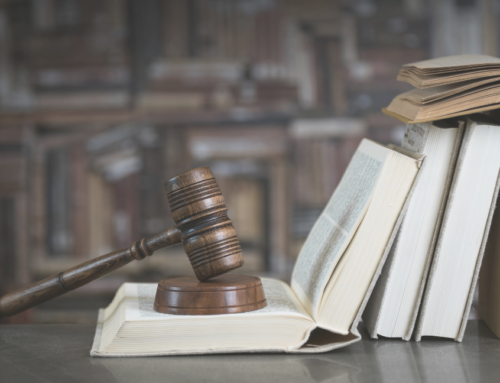This article introduces you to basic information about Thailand arbitration, which includes an overview, jurisdiction, governing law, languages and documents, and arbitration representative.
This dispute resolution is often used to resolve commercial disputes, particularly those involving international commercial transactions, because business disputes not only need a legal expert to deliver a judgement or decision in the case but also need an expert on specialised business matters and international legal matters, particularly the dispute over international transactions, in which the parties always wish to have their arbitration representative who understands the international law and also the impartial referees who deliver a decision in the dispute by the international law.
Moreover, arbitration is used to resolve commercial disputes between an individual or business and a government agency or between two government bodies.
Thailand Arbitration Institution (TAI) Overview
The TAI, founded in 1990, operates under the supervision of the Ministry of Justice of Thailand and provides legal solutions to both the public and private sectors by means of arbitration. The solution dispute is conducted according to the Thai Arbitration Act B.E. 2545 (TAA) and international law, for instance, UNCITRAL model law, UNCITRAL Arbitration Rules, and the New York Convention 1958.
Jurisdiction
To file the case with TAI, the parties to the dispute required an arbitration agreement (AA), which means an agreement by the parties to submit to TAI all or certain disputes that have arisen or may arise between them in respect of a defined legal relationship, whether contractual or not. AA may be in the form of an arbitration clause in a contract or in the form of a separate agreement.1
The AA shall be in writing and signed by the parties. An arbitration clause constitutes an AA if it is contained in an exchange between the parties by means of letters, facsimiles, telegrams, telex, data interchange with electronic signature, or other means that provide a record of the agreements, or in an exchange of statement of claim and defence in which the existence of an agreement is alleged by one party and not denied by the other.
The references in a contract evidenced in writing to any document containing an arbitration clause constitute an AA, provided that the reference is such as to make that clause part of the contract.
Governing Law
All arbitration procedures of international trade disputes in the TAI are not only subject to Thai law but also international law according to the governing law, which is chosen by the parties of the disputes, as well as international trade customs and laws, for instance, the Rules and Regulations of the International Chamber of Commerce (ICC) Arbitration Rules. As well as the settlement procedure for international trade disputes, which is also subject to the ICC Rules for Conciliation.2
Languages and Documentary
The disputing parties are free to agree on the language or languages to be used in the arbitral proceedings. Failing such an agreement, the arbitral tribunal shall determine the language or languages to be used in the proceedings. This agreement or determination, unless otherwise specified therein, shall apply to any statement of claim, any statement of defence, any written statement by a party, any hearing, and any award, decision, or other communications by or to the arbitral tribunal. The arbitral tribunal may order that any documentary evidence be accompanied by a translation into a language or languages agreed upon by the parties or determined by the arbitral tribunal.3
Representative
The UNCITRAL Arbitration Rules set forth the Arbitration Representation and Assistance Clause, which provides that the parties may be represented or assisted by persons of their choice for purposes of representation or assistance. Also, the Thai Arbitration Act doesn’t require an attorney to act on behalf of the disputing parties. This is different from the court trial, in which the law required the licenced attorney-at-law to be a representative and act as a barrister in Court.4
Thailand Arbitration in Conclusion
Arbitration is a lawsuit form of alternative dispute resolution for purposes of commercial disputes, both internal and international, between individuals and businesses, government agencies, or two government bodies. Our arbitration lawyers are attorneys, barristers, and French solicitors who are qualified masters in business law. We provide full services to TAI, from the case assignment, conduct, and enforcement of the awards to the languages and documentation available in Thai, English, and French.
If you are in need of arbitration lawyers in Thailand or for further information, just visit the dispute resolution page or feel free to contact us at any time.
_____________________
1 the Thai Arbitration Act B.E. 2545, Section 11
2 the Thai Arbitration Act B.E. 2545, Section 34
3 the Thai Arbitration Act B.E. 2545, Section 28
4 the UNCITRAL Arbitration Rules, Resolution 31/98 (1976), Article 4 and the Thai Arbitration Act B.E. 2545




